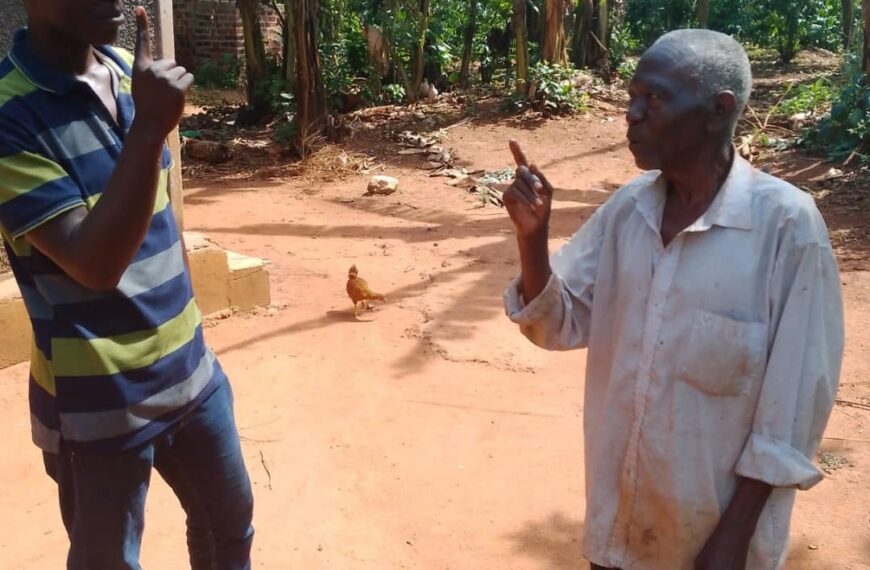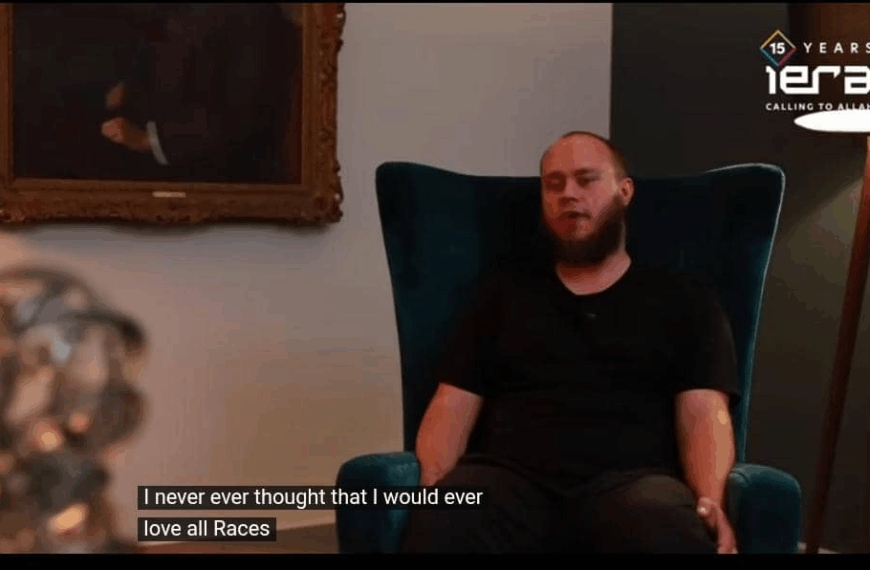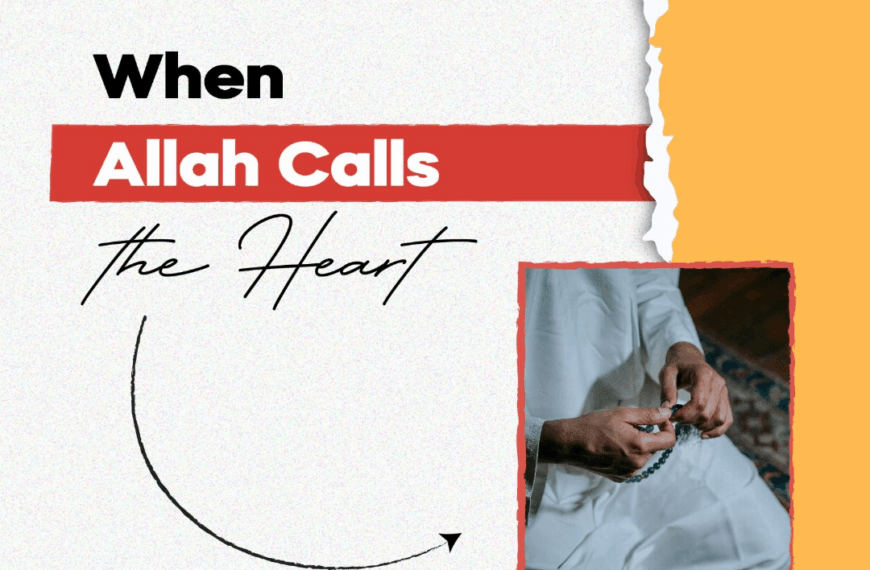In a quiet village in Uganda, Gorret lived with a heart shaped by the stories she had always been told—stories of fear, of caution, of division.
As a devoted member of a born-again Christian congregation, she had long viewed Muslims through a lens of suspicion and fear.
“They are dangerous,” she had heard. “They kill those who don’t agree with them.” These warnings, repeated in sermons and whispered in private conversations, left no room for doubt in her mind.
To Gorret, Islam was not just a different religion—it was a threat.
But life has a way of introducing truth at the most unexpected moments.
One afternoon, as part of their outreach mission, the iERA Uganda Duat visited her village. With gentle words and warm smiles, they approached Gorret—not with arguments, but with questions.
They asked what she believed. What she had heard. Why she felt as she did. And Gorret, candid and cautious, shared what she had always known: that Muslims were to be feared, avoided, distrusted.
The Duat didn’t debate, they didn’t react with offense, instead, they listened—with patience, grace, and humility.
Then, slowly, they began to speak. Not of rules or rituals, but of peace, mercy, and the love of God. They described Islam as a faith built on submission to the One Creator, on compassion for humanity, and on justice that transcends tribalism and prejudice.
What struck Gorret most wasn’t just what they said—it was how they said it. There was sincerity in their voices, calm in their manner, and no trace of the anger or violence she had always been warned about.
🕊️ “I only knew bad things about Islam,” she admitted, visibly moved. “But seeing you, how you speak… you’re not what they told us.”
A single question escaped her lips, trembling yet honest:
“Did Jesus also bow down while worshipping?”
“Yes,” they answered, without hesitation.
That moment shattered a lifetime of misinformation. Gorret began to realize something painful but liberating: the truth had been hidden from her. Not by accident—but perhaps by design. “Our leaders never told us these things,” she whispered. “They didn’t tell us the truth. I can’t continue trusting them.”
And in that moment of clarity, Gorret stepped out of the darkness of assumption into the light of understanding.
She uttered the Shahada—the testimony that there is no god but Allah, and Muhammad is His Messenger. And with that, Gorret was reborn. She took on a new name to mark her spiritual transformation: Janat—a name that echoes the eternal paradise she now seeks.
But this was only the beginning.
Her thirst for knowledge surged. “How do I start practicing Islam?” she asked eagerly. The Duat welcomed her with joy and began guiding her gently through the basics—prayer, belief, character, and community.
Janat now attends new Muslim support classes and immerses herself in the teachings that once seemed foreign, but now feel like home.
From isolation to inclusion, from prejudice to peace—Janat’s story is a testament to what can happen when hearts are opened and truth is shared without force or fear.
May her journey continue in strength, and may her story inspire others to look beyond what they’ve heard, and seek what is real.
Indeed, the path to God begins where assumptions end.





